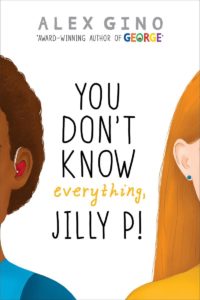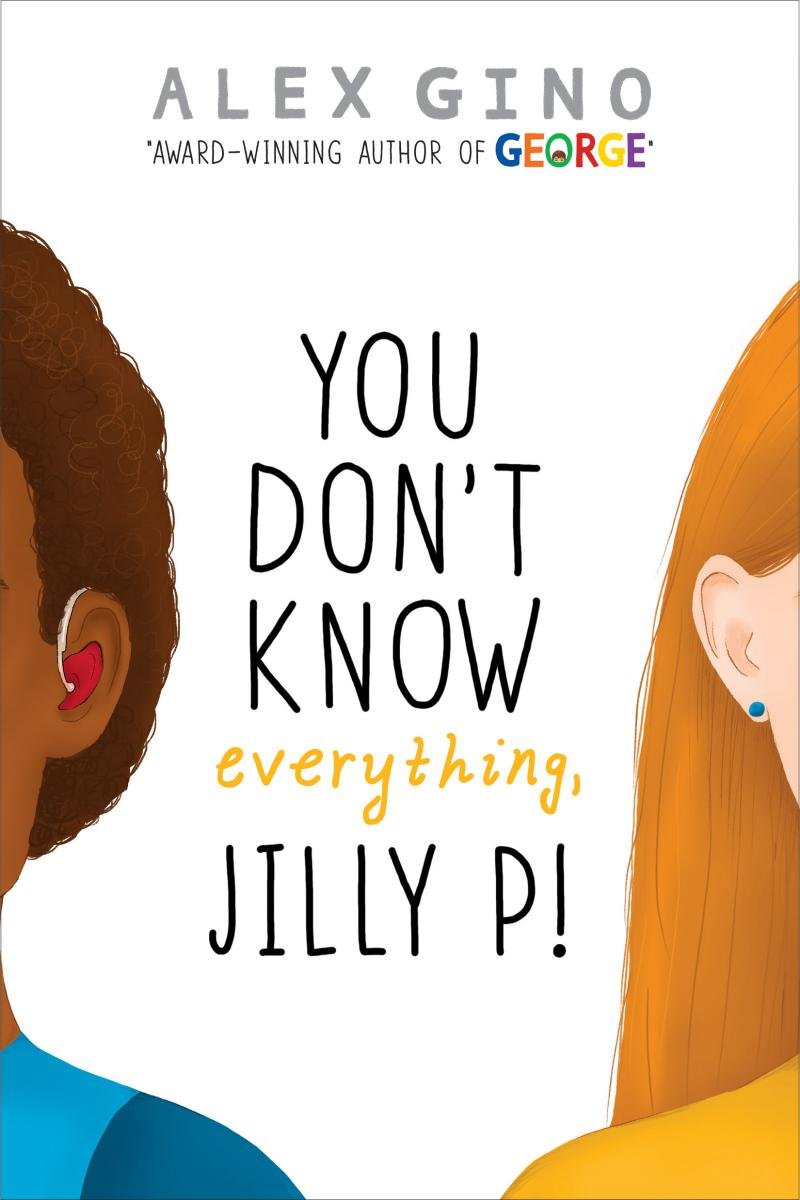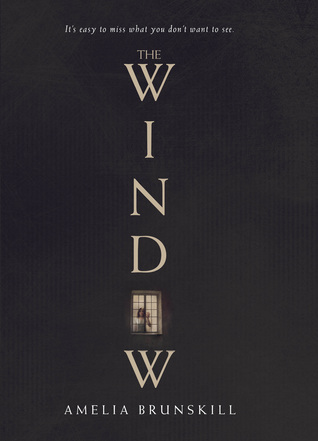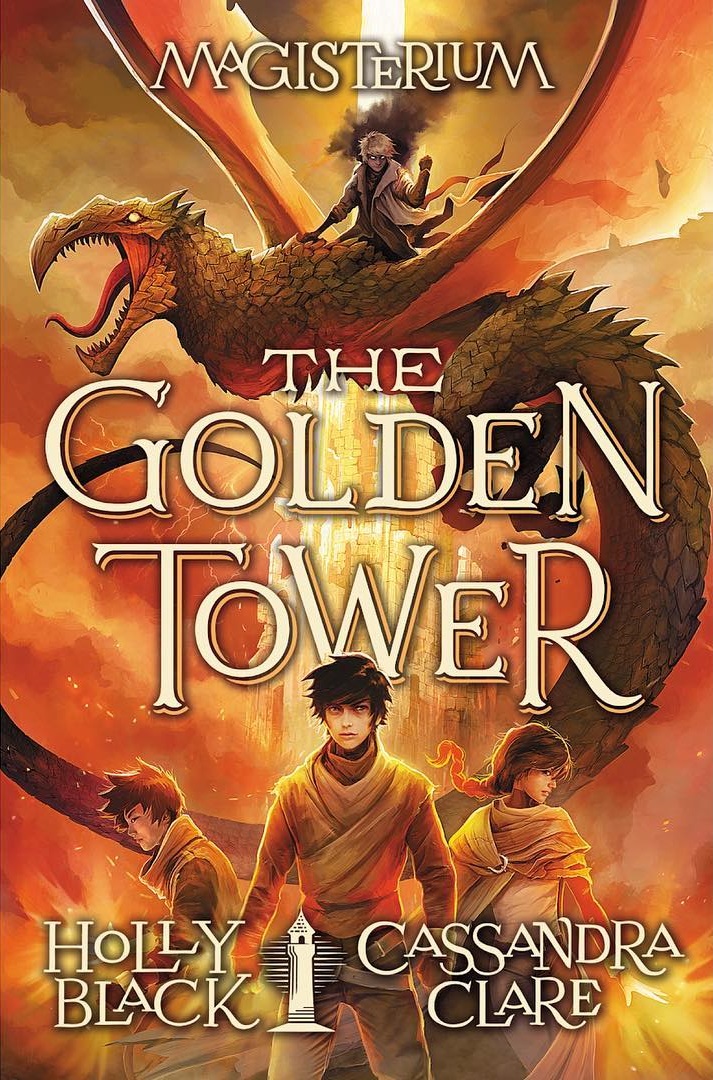 Jilly can’t wait to be a big sister, and she doesn’t understand her parents’ reactions when they learn her new baby sister, Emma, was born deaf. Derek, one of Jilly’s best internet friends from the forums of her favorite fantasy series (can relate) is deaf, and Jilly has been itching to learn sign language anyway. But just because she’s well-intentioned doesn’t mean that Jilly doesn’t still have a lot to learn about deaf culture and being a good sister to Emma and friend to Derek. She’ll have to make a few mistakes – and be brave enough to try again after she does – to become a true ally in her community.
Jilly can’t wait to be a big sister, and she doesn’t understand her parents’ reactions when they learn her new baby sister, Emma, was born deaf. Derek, one of Jilly’s best internet friends from the forums of her favorite fantasy series (can relate) is deaf, and Jilly has been itching to learn sign language anyway. But just because she’s well-intentioned doesn’t mean that Jilly doesn’t still have a lot to learn about deaf culture and being a good sister to Emma and friend to Derek. She’ll have to make a few mistakes – and be brave enough to try again after she does – to become a true ally in her community.
Through the course of the novel, Emma doesn’t just confront her hearing privilege, she also learns to recognize her white privilege. Despite having two black cousins, Jilly never thought much about the fact that her aunt Alicia is black. Uncomfortable family moments, like when Jilly’s white grandmother asks Aunt Alicia to make sweet potato pie instead of pumpkin for the next family gathering, force Jilly to realize that a real ally speaks up, even when it’s hard.
As is probably already evident, much of the value of this book comes from the space it gives to conversations – Jilly talking to Derek (who is also black), to her parents, to her aunt, and to her online friends. What I love about these conversations is that they are spaces where mistakes happen, where Jilly often says the wrong thing. It’s important for young readers to see Jilly’s bewilderment when Derek shuts her down after she makes a misguided comment, but what’s more important is what comes afterward: for readers to see how, even though making such mistakes might make you uncomfortable or sad, you always keep trying to do better.
Jilly’s journey isn’t one in which she gets to a place where she never makes a mistake, but one in which she fails again and again and learns along the way how to be better each time. The chance to read along with her is a chance for readers to get to learn how to be a little better, too. The novel’s focus on communication gives readers an example of how to stage their own conversations about privilege and race, and a chance to see that it’s not the end of the world if you say the wrong thing – as long as you apologize and educate yourself on how not to make the same mistake again. On top of that, it’s a sweet story about adjusting to life with a new sibling.
I honestly think this is just such a beautiful little book, and I would like every kid I know – not to mention many adults – to read it.
A copy of this book was provided by the publisher, Scholastic, for review.



